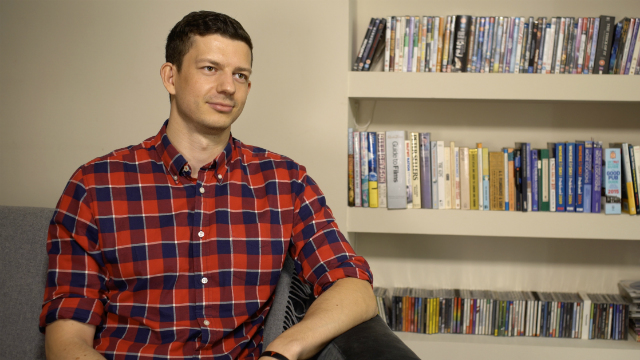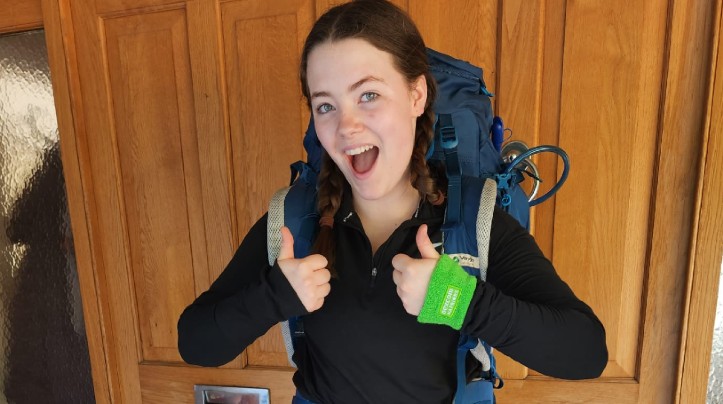
Ted Lamb
Found out he had type 1 diabetes when he was aged 16
"The highs and lows still happen, whether that's with blood sugar readings or emotionally, but having the condition keeps me focused on making sure I'm making the most out of anything that I do."
Intrepid traveller and photographer Ted tells us how he doesn't let his diabetes get in the way of his passions. He also shares how the coronavirus outbreak impacted his outlook on travel.



